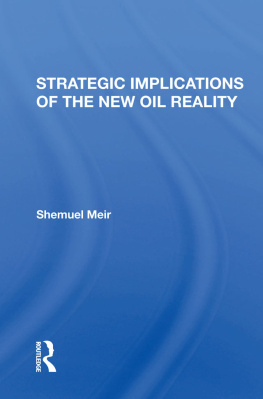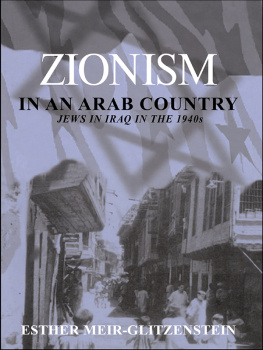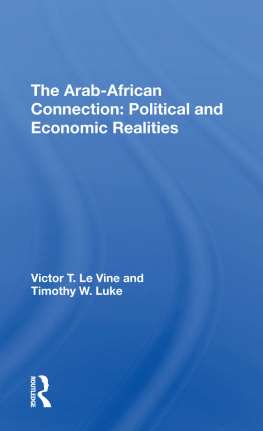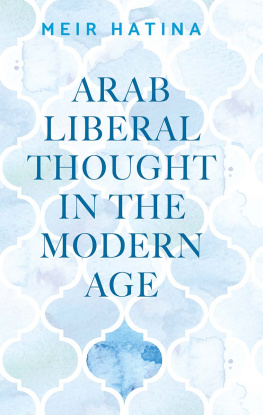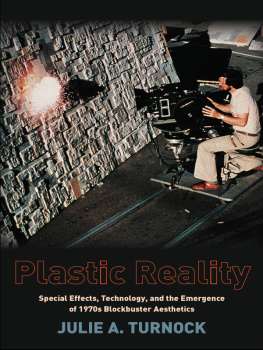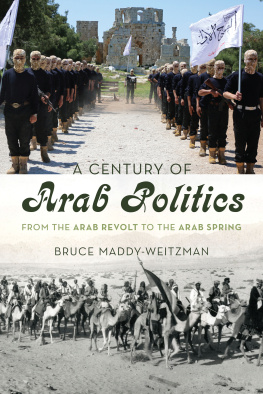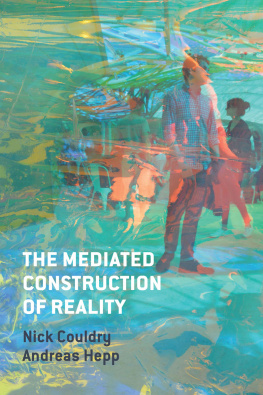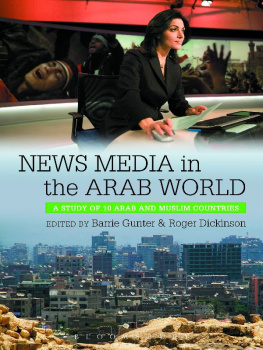JCSS Study no. 4
Strategic Implications of the New Oil Reality
Shemuel Meir
First published 1986 by Westview Press, Inc.
Published 2019 by Routledge
52 Vanderbilt Avenue, New York, NY 10017
2 Park Square, Milton Park, Abingdon, Oxon OX14 4RN
Routledge is an imprint of the Taylor & Francis Group, an informa business
Copyright 1986
Tel Aviv University
Jaffee Center for Strategic Studies
All rights reserved. No part of this book may be reprinted or reproduced or utilised in any form or by any electronic, mechanical, or other means, now known or hereafter invented, including photocopying and recording, or in any information storage or retrieval system, without permission in writing from the publishers.
Notice:
Product or corporate names may be trademarks or registered trademarks, and are used only for identification and explanation without intent to infringe.
LC 85-51352
ISBN 13: 978-0-367-28887-7 (hbk)
In the course of preparing this study, I have enjoyed the support and aid of a number of individuals at JCSS, whom I would like to thank. Joseph Alpher, JCSS Executive Editor, contributed extensively toward bringing this manuscript to its present form. Moshe Grundman, head of the JCSS Documentation Service, as well as Heda Rechnitz-Kijner and Amira Rosenfeld of his staff, were instrumental in locating and obtaining vital sources of information. Miriam Cassuto skillfully wordprocessed the original Hebrew version.
And to Sally Ya'akobi, many thanks for a speedy and thoroughly satisfactory translation into English.
The oil crises of the 1970s and the shockwaves they sent throughout the industrialized countries and the Third World, appeared at one point to be ushering in an "Arab Century." But the first half of the 1980s produced a radically different oil reality. The price of oil dropped from over $34 per barrel in 1980 to under $27 in 1985. The non-communist world learned to reduce its consumption of petroleum products: by developing more efficient ways of using energy, it raised GNP without increasing oil consumption. New sources of oil were developed outside OPEC and the Arab Middle East; alternative sources, such as coal and nuclear energy, were developed; and the western states collaborated in establishing a strategic fuel reserve that reduces their vulnerability to oil blackmail.
This study examines the strategic ramifications of this new reality, with particular regard to the Middle East and Israel. It takes as its premise based on current analyses of the oil market and projections into the 1990s that the world oil market will remain stable at least until the end of this decade.
The political and strategic ramifications of the new oil reality are examined with reference to three geographic spheres. On the global level, the industrialized states adopted a more sober view of Arab oil power. Not only did the West take effective countermeasures, but it came to realize that the Arabs are virtually unable to deploy the oil weapon against any pinpoint target singled out for political reasons. This depreciation in the Arab oil states' blackmail power has already found active expression in the West's relatively nonchalant approach to the long war between Iran and Iraq waged in the midst of the world's largest oil reserve and in the freedom of action enjoyed by Israel in the Lebanon War of 1982.
In the regional sphere, the sharp drop in oil revenues and a growing balance of payments deficit forced the Arab oil producers to restrict their economic largess, reduce public spending, reduce imports from the West and withdraw foreign currency reserves. The non-oil producing Arab states have been particularly hard hit by a drop in aid and the return of migrant workers from the Gulf region.
For Israel, the new oil reality generated a positive redress of the military balance. The Arab oil states, and the Arab confrontation states, were obliged to call a halt to the accelerated expansion of their armed forces. If Israel itself is not forced to reduce military expenditure drastically, it should be able to restore the technological superiority that was somewhat eroded during the 1970s and early 1980s. Certainly a correlation has already become evident between recent reductions in Arab oil-states' aid to the confrontation states, and Israel's freedom to reduce its defense burden at a time of economic crisis.
A number of geopolitical factors, together with the formation of a cartel to determine oil prices and the overwhelming support given to the Arab confrontation states by other Arab states during the 1973 Yom Kippur War, combined in the mid-1970s to enable the Arab oil-producing states to acquire the image of wielders of international power with oil as their weapon. OPEC, and especially Saudi Arabia, were viewed by western leaders and experts as a principal force determining the fate of the world. Although the West had been enjoying a period of prosperity since its fast economic growth during the post-World War II years a boom due largely to low-cost and accessible oil sources the industrialized world faced some disturbing questions in the 1970s. For the West's dependence on Middle Eastern oil forced it to come to terms with one of the severest security challenges since the Cold War of the 1950s. NATO leaders even considered widening the definition of a "vital national interest" to explicitly include the assuring of accessible energy resources.
This situation led several Arab oil-producers, who balanced and counteracted extremist tendencies among OPEC members, to be identified as moderates. It was due to a 'moderate' label that Saudia Arabia became a respected participant in the high-level management of the industrialized world's affairs. It assured itself this status through its ability to place considerable sums of money at the disposal of the International Monetary Fund (IMF). In 1980, Saudi Arabia transferred 9.4 billion dollars to the IMF; in 1982, another 4.7 billion dollars. Because of the easy terms of these loans from Saudi Arabia, the IMF was able to expand its aid substantially to developing states with balance of payments problems. Ultimately, the Saudis participated informally in meetings of the Big Ten western industrialized states' economic club.
The western view of Saudi Arabia as protector of its interests in the OPEC price arena, together with the power of petrodollars, created new perceptions in the constellation of international relations. Outstanding among these was the alleged link between the supply and price of oil in the world and the part played by Israel in the Arab-Israel conflict, particularly with regard to the Palestinian issue. Indeed, by the 1970s few bothered to question this perception.
For their part, the Arab states were convinced that the combined power of oil and petrodollars would advance their side of the dispute. They also viewed Saudi Arabia as a leading power broker that would advance the Arab interpretation of the Israel-Arab conflict by applying pressure on the diplomatic front. Not only was the West to be persuaded of the "connection" between Israel and oil, but Israel was also to be blamed for everything surrounding the jump in oil prices. Pressure was also brought to bear on the military front by providing massive aid to finance Arab arms purchases, especially those of the states in direct border confrontation with Israel.

